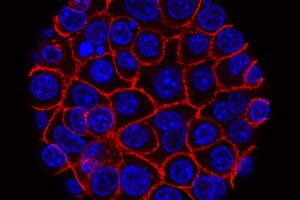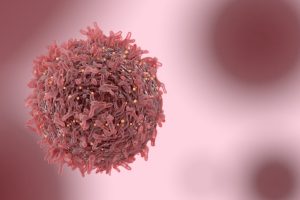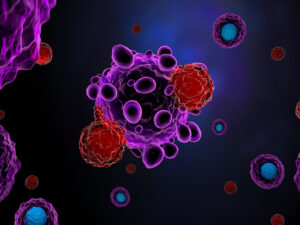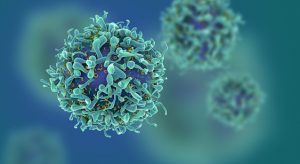
MD Anderson Cancer Center
-
New MD Anderson Research Uncovers Drug Combo That Could Eliminate Pancreatic Cancer Tumors
Researchers at the University of Texas MD Anderson Cancer Center published two studies this week on a new approach that could improve treatment for patients with pancreatic cancer. The preclinical studies showed that combining immunotherapy with a KRAS inhibitor can lead to long-lasting tumor elimination.
-
Healthcare Moves: A Monthly Summary of Hires and Layoffs
Here is a selection of recent executive hires, promotions and layoffs occurring across the healthcare industry.
-
Payer’s Place: Dawn Maroney
Dawn Maroney, President, Markets of Alignment Health and CEO of Alignment Health Plan, to discuss how they are using technology to provide better service and care to consumers.
-
Why Texas wants to be the headquarters of ARPA-H
Texas has the right environment to help ARPA-H achieve its promise of eliminating existing deficiencies in our national biomedical ecosystem, promoting the integration of multiple disciplines and institutions, and fully addressing persistent inequities in America’s health system.
-
Biopharma has a brand new target: Cancer-specific collagen
Researchers at the University of Texas MD Anderson Cancer Center published a new study revealing that cancer cells make their own unique form of collagen to help them grown and proliferate. This means drug developers may have a new, highly specific target for oncology therapeutics.
-
MD Anderson doesn’t have to pay $4.3M HIPAA penalty, court rules
An appellate court lifted a $4.3 million HIPAA fine imposed on the Texas-based cancer care center two years ago for losing the personal health information of more than 33,000 people.
-
BioPharma, Devices & Diagnostics, Diagnostics, SYN
Swiss startup betting on nanotechnology to speed cancer diagnosis
Founded in 2017, Artidis has raised $15.1 million and hopes to enter the U.S. market for cancer diagnosis by 2022. But the startup first has to convince the FDA that its device works.
-
MD Anderson researchers find mechanisms behind CAR-T cells’ efficacy, toxicity
The findings may make it possible to identify a subset of patients who experience poorer outcomes or more serious side effects, especially neurotoxicity.
-
Early data show CAR-NK cells’ potential to overcome CAR-T toxicity – and Takeda is interested
Data from 11 patients in an MD Anderson study of a cell therapy that uses natural killer (NK) cells from donors instead of patients’ own T cells showed a high response rate and low toxicity. A multicenter, international Phase II study is planned.
-
Cancer immunotherapy pioneers win Nobel Prize in Medicine
Kyoto University’s Tasuku Honjo and MD Anderson’s James Allison will share the prize for work that led to immunotherapy drugs like Keytruda and Yervoy.
-
Applying Remote Patient Monitoring to Surgery Prep and Recovery, Oncology and Women’s Health
Join us to learn about the latest trends in remote monitoring and how to extend its benefits beyond chronic conditions to more patients – all while using fewer staff resources.
-
MD Anderson chief innovation officer: “Innovation doesn’t have to be sexy”
Rebecca Kaul, chief innovation officer at MD Anderson Cancer Center and a keynote speaker at MedCity CONVERGE, discussed why innovation is needed in healthcare — particularly in the oncology space.
-
AI is “still pretty dumb” and like a “2-year-old”
Mayo Clinic’s chief information officer describes the limitations of AI describing the nascent technology as a 2-year-old child learning to interact with the world.































